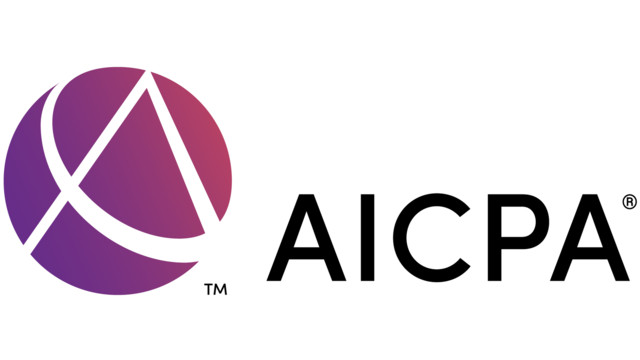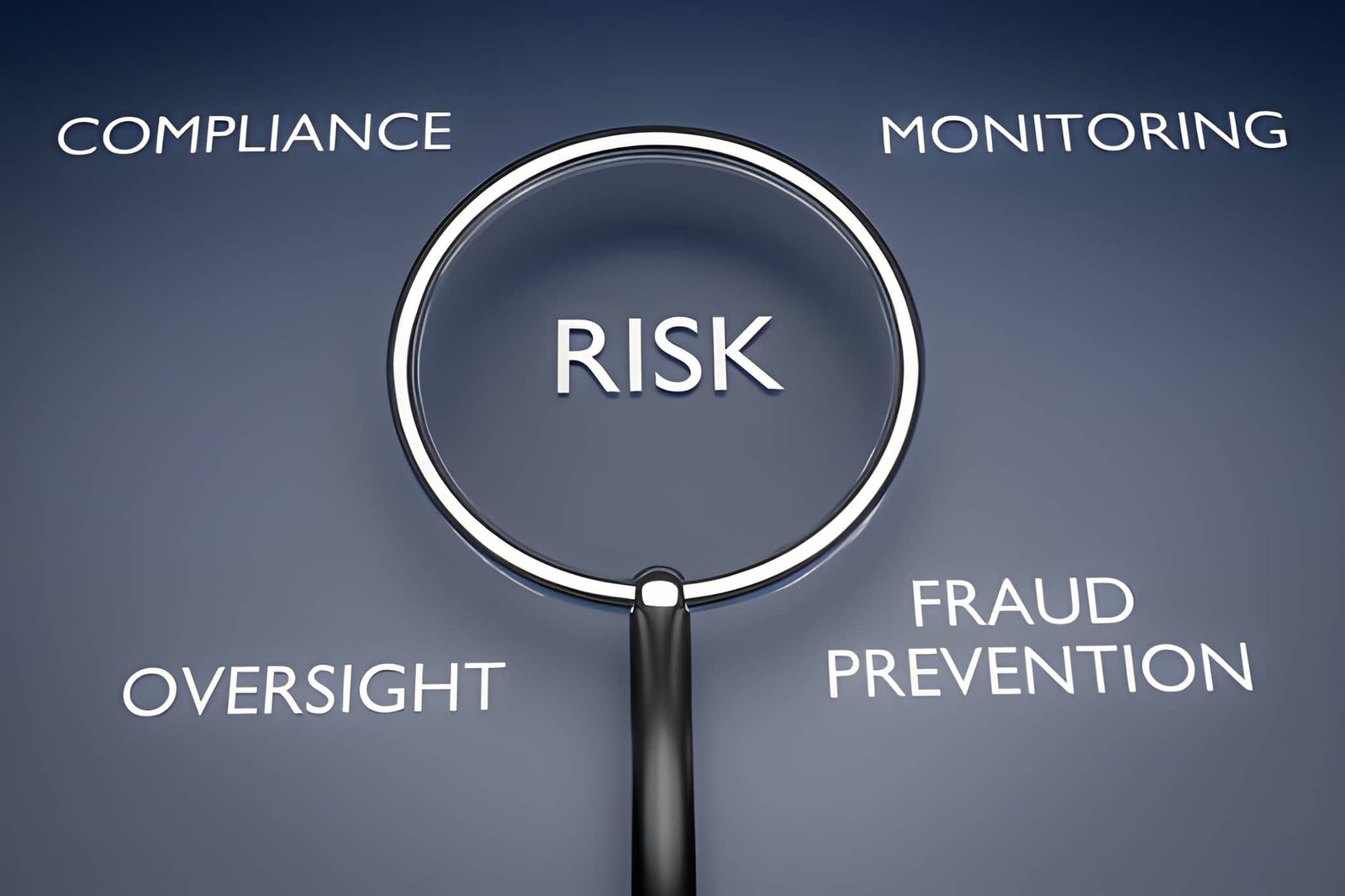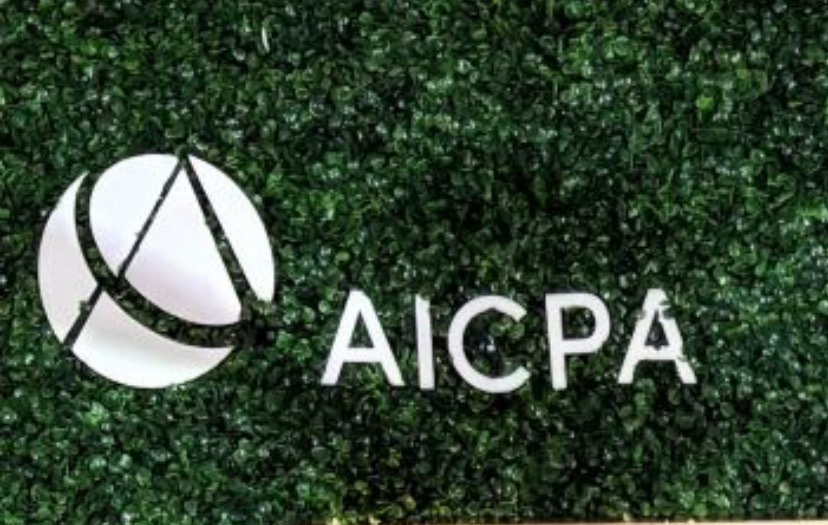AICPA News is a round-up of recent announcements from the American Institute of Certified Public Accountants.
A Quarter of American Taxpayers Don’t Have a Financial Plan
For some people, submitting their tax return to the IRS is a relief as they put the paperwork out of sight, and out of mind, until next year. Others recognize that tax time is the perfect time to plan for the future while all the documents are readily available. In fact, half of American taxpayers (55 percent) have used the information collected and entered on their annual tax return to create or make changes to their financial plan, with a little more than a quarter (27 percent) doing so annually, according to research conducted by The Harris Poll on behalf of the AICPA in the fourth quarter of 2020.
Concerningly, the survey found that a quarter of American taxpayers (23 percent) do not have a financial plan. For those looking for guidance on how to use their own tax return to develop a well-rounded comprehensive financial plan, the AICPA’s National CPA Financial Literacy Commission recommends using your 2020 tax return as a starting point.
These five areas of a tax return are a good place to start:
- Who counts on you for support?
- Is your withholding aligned with the taxes you owe?
- Where is your money coming from?
- Where are you on the road to retirement?
- Are your itemized deductions in line with your goals?
AICPA Recognizes Outstanding CPA Exam Performers with 2020 Elijah Watt Sells Award
Nearly 75,000 individuals sat for the CPA Exam in 2020 with 89 candidates meeting the criteria to receive the Elijah Watt Sells Award.
The Elijah Watt Sells Award program was established by the AICPA in 1923 to recognize outstanding performance on the CPA Exam. Sells, one of the first CPAs in the U.S., was active in the establishment of the AICPA and played a key role advancing professional education within the profession.
The AICPA, which owns and scores the CPA Exam, works with hundreds of volunteers and other stakeholders to maintain its relevance to the profession and alignment with the knowledge and skills required of a newly licensed CPA. To support candidates along their journey, the AICPA provides a wealth of information and tools, including the CPA Exam Blueprints, sample tests and tutorial topics, and the CPA Exam Booklet.
AICPA’s Releases New Certificate on Data Analytics Core Concepts
The Association of International Certified Professional Accountants (Association), representing AICPA and CIMA, has released a new Data Analytics Core Concepts Certificate to assure practicing CPAs have the necessary skills as data analytics becomes a critical business tool for accounting and financial professionals.
It is increasingly incumbent upon practicing CPAs and financial professionals to have a thorough understanding of data analytics to remain competitive in the current market. The AICPA and National Association of State Boards of Accountancy (NASBA), recognizing the changing skills needed by the profession, developed the CPA Evolution model and new Uniform CPA Exam to assure future CPAs are equipped with the proper skills.
Those completing the certificate program will have the ability to:
- Define the characteristics of an analytical and data-driven mindset.
- Recognize how to establish objectives and desired outcomes of a data analytics project for a business or client.
- Recognize ways data is described and interpreted.
- Describe the types and categories of data.
- Recognize how data science and data analytics are connected.
- Recognize characteristics of the technology and data ecosystem for data analytics.
Data Analytics Core Concepts is one of several certificates, resources and trainings the Association offers its members and other financial professionals to remain skilled as technology changes how businesses operate.
New AICPA Chair Focuses on Empowering New Generation of Accountants
William (Bill) Pirolli, a partner with DiSanto, Priest & Co., in Warwick, R.I., is the new chair of the AICPA, the world’s largest member organization representing the CPA profession. As of June, he will also serve as vice chair of the Association of International Certified Professional Accountants, which combines the strengths of the AICPA and the Chartered Institute of Management Accountants (CIMA).
Pirolli, a CPA who also holds the Chartered Global Management Accountant (CGMA) designation and the Certified in Financial Forensics (CFF) and Personal Financial Specialist (PFS) credentials, was elected to the one-year AICPA volunteer post by the organization’s governing Council, which concluded its virtual Spring Council session today. Anoop Mehta, CPA, CGMA, president of Science Systems and Applications in Lanham, Md., was voted in as the AICPA’s vice chair.
Pirolli mentioned three key areas of focus for his term:
- Encouraging the profession’s next generation.
- Supporting small businesses, including small accounting firms.
- Focusing on the human element.
Pirolli was AICPA vice-chair for the past 12 months and was recently recognized with the AICPA Sustained Contribution Award for 20 years of continued volunteer service to the profession. He also was a long-serving chair of the executive committee that oversees the AICPA’s Private Companies Practice Section.
In his work with DiSanto Priest & Co, a multi-disciplinary accounting and financial services organization, Pirolli focuses on estate and succession planning, mergers and acquisitions, financing and litigation support, as well as traditional tax, accounting and advisory services.
AICPA Supports Setting Tax Preparer Standards
For several years, the AICPA has led advocacy efforts in support of tax preparer regulation. The recent release of the American Families Plan (AFP) includes a proposal to provide the Department of the Treasury with undefined authority to regulate paid tax return preparers. Together with two additional elements recommended by the AICPA, the Taxpayer Protection and Preparer Proficiency Act of 2019 (S. 1192), introduced by Senate Finance Committee Chair, Senator Ron Wyden, captures an appropriately defined objective as laid out by the AFP.
In a letter sent to Senate Finance Committee Chairman and Ranking Member, Senators Ron Wyden and Mike Crapo, and House Ways & Means Committee Chairman and Ranking Member, Representatives Richard Neal and Kevin Brady, the AICPA recommends these key elements be included in a plan to regulate tax preparers:
- Limit IRS’s authority to require a PTIN.
- Certain non-signing “supervised” preparers that do not have the primary responsibility of the accuracy of the return should be excluded.
- Authorize IRS revocation of PTINs.
- Require GAO to study IRS’s exchange of information with state taxing authorities with regard to preparer regulation.
- Reinstate IRS’s Registered Tax Return Preparer (RTRP) Program and clarify Congressional intent with respect to the RTRP Program (additional element #1). The RTRP program should require:
- A one-time basic individual tax competency exam,
- Fifteen hours of annual continuing education,
- Compliance and background checks,
- Compliance with advertising restrictions,
- Compliance with the ethical standards of Circular 230, and
- Exclusions for Circular 230 legacy preparers.
- Mitigate marketplace confusion (additional element #2).
- Unlicensed preparers promoting the RTRP program should inform the public that the IRS does not endorse any particular preparer and direct them to the IRS website where the differences between various types of preparers and their qualifications are explained.
AICPA Offers Recommendations on 2021-2022 IRS Guidance Priority List
The AICPA has submitted 170 recommendations to the Internal Revenue Service (IRS) in reference to the agency’s 2021-2022 Guidance Priority List.
Each year, the Department of the Treasury’s Office of Tax Policy and the IRS use the Guidance Priority List to identify and prioritize tax issues that should be addressed through regulations, revenue rulings, revenue procedures, notices and other published administrative guidance. The AICPA’s recommendations pertain to guidance projects it believes Treasury and the IRS should consider when addressing these issues.
AICPA’s high priority recommendations relate to guidance on regulations found in the Tax Cuts and Jobs Act (TCJA); the Coronavirus Aid, Relief and Economic Security (CARES) Act; and the Setting Every Community Up for Retirement Enhancement (SECURE) Act. These recommendations address many significant tax issues, including employee retention credits (ERC), Paycheck Protection Program (PPP) loan forgiveness and various aspects of section 199A, virtual currency taxation, and international taxation.
Recognizing the complexities and competing interests when drafting guidance, the AICPA urged the IRS to consider the following guidelines as part of the process:
- Use the simplest approach to accomplish a policy goal;
- Provide safe harbor alternatives;
- Offer clear and consistent definitions;
- Use horizontal drafting (a rule placed in one Internal Revenue Code section should apply in all other Code sections) to the greatest extent possible;
- Build on existing business and industry-standard record-keeping practices;
- Provide a balance between simple, general rules and more complex, detailed rules; and
- Match a rule’s complexity to the sophistication of the targeted taxpayers.
Suggestions are listed under the AICPA working group that developed them and recommendations are listed in priority order within category.
Audit Risk Assessment Guidance Added to AICPA & CIMA Digital Assets Practice Aid
“There are challenges and unique considerations when auditing an entity that holds or transacts with digital assets,” said Diana Krupica, CPA, AICPA & CIMA Lead Manager, Emerging Assurance Technologies. “From performing risk assessment procedures and understanding new processes and controls to identify related parties, it is important for auditors to look through the lens of digital assets and understand exactly what audit procedures need to be performed. We hope this latest guidance will help auditors consider the potential risks unique to the digital assets environment.”
This new material will complement accounting and auditing guidance issued last year. It is based on professional literature and experience from members of the AICPA & CIMA Digital Assets Working Group (DAWG) and AICPA & CIMA staff and is specific to the U.S. generally accepted auditing standards (GAAS).
As the digital asset ecosystem evolves, the auditor continues to be presented with unique risks and challenges. In response, AICPA & CIMA – which is driven by the Association of International Certified Professional Accountants – today updated its practice aid, Accounting for and Auditing of Digital Assets to include nonauthoritative guidance in the auditing areas of risk assessment, processes and controls, laws, and regulations and related parties.
Risk Assessment and Processes and Controls
This section of the practice aid is organized into the following topics:
- Understanding the Entity and Its Environment
- Understanding and Evaluating the Entity’s Risk Assessment Process
- Understanding the Entity’s Processes and Controls
Each section describes the individual considerations that may be important when performing risk assessment procedures, including the types of procedures that auditors may perform, or are required to perform, to identify and assess risks of material misstatement in audits of entities engaged in the digital asset ecosystem.
Laws and Regulations and Related Parties
This section addresses the unique challenges and potential procedures auditors consider for both compliance with laws and regulations as well as identification, accounting, and disclosure of related parties in an audit of an entity that holds or transacts with digital assets. Because related party transactions may reflect a risk of material misstatement due to noncompliance, these topics are considered in the same section.
In addition, appendix A, Blockchain Universal Glossary, has been added to the practice aid that was developed as a reference for all AICPA & CIMA blockchain and digital assets-related content.
Thanks for reading CPA Practice Advisor!
Subscribe Already registered? Log In
Need more information? Read the FAQs
Tags: Digital Currency





